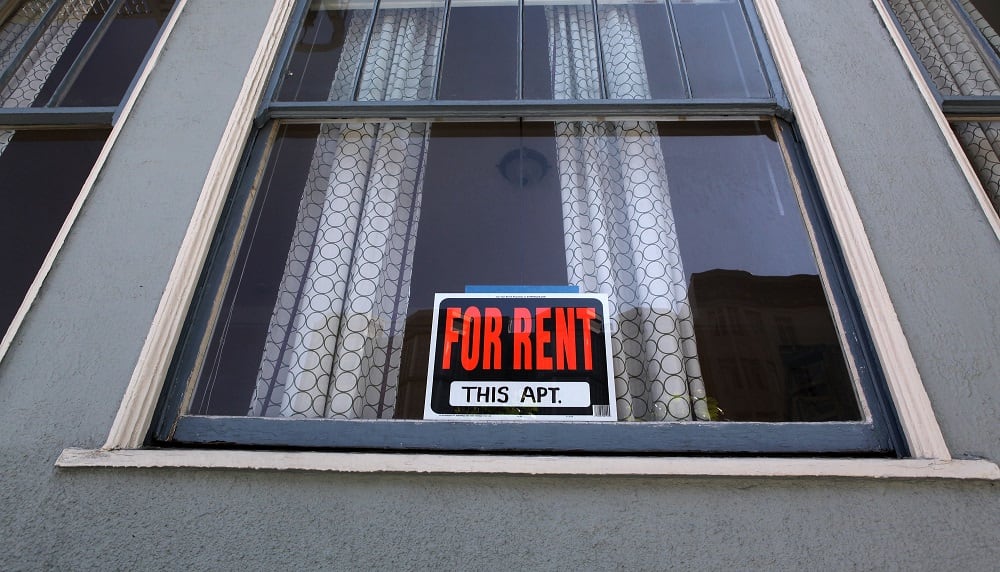Just because you’re not ready, or not financially able, to purchase a home doesn’t mean you don’t have to concern yourself with insurance.
In past years, the services have mandated that renters insurance be included in lease agreements between service members and privatized housing companies. That’s no longer the case: The Navy was the last service to move away from the requirement.
If you’re new to this insurance space, here are a handful of tips to consider.
1. But my landlord has insurance! Your landlord (hopefully) does, but it likely won’t cover any of your personal belongings that could be lost to a fire or other disaster. Even troops in furnished apartments have enough personal gear (electronics, jewelry, collectibles, etc.) that a low-level insurance policy is worth considering. Some can be had for as low as $15 a month.
2. What’s covered? Finding the policy with the lowest payment might seem financially savvy, but those plans could leave off critical coverage types. For instance, not all insurance covers renters for robbery losses.
3. Best for business. Do you, or does a family member, have an at-home business? These side hustles may help with the family income, but they often come with equipment and inventory that could be taking up space in a rented garage or living area. Chances are your insurance won’t cover that material should disaster strike; a separate business-related policy should be on your to-do list.
4. Make your move. Time for a permanent change of station? That doesn’t mean you should rush out and cancel your insurance: There are limits to what military-provided moving insurance will cover, and you may need to file claims through other avenues. One major insurance provider for troops and veterans paid out more than $1 million worth of rental-insurance claims in a recent year on moving- and storage-related claims alone.
5. Holiday reset. If you got that expensive gift you’ve always wanted from that special someone, or even if you rushed out on Black Friday to buy yourself a new TV, it may be time to double-check your insurance policy to make sure it covers big-ticket items. If there’s a coverage limit, you may need to pay more to increase it. Another option: Talk to an insurance expert about a separate personal property policy. Learn more here.
Get more on insurance here. Think you’re about through with renting? Visit our VA Home Loan Center.




